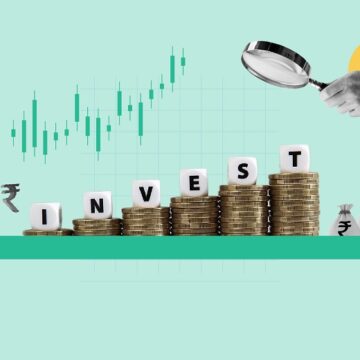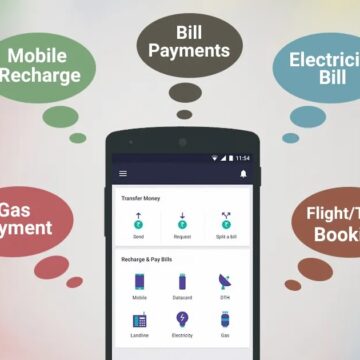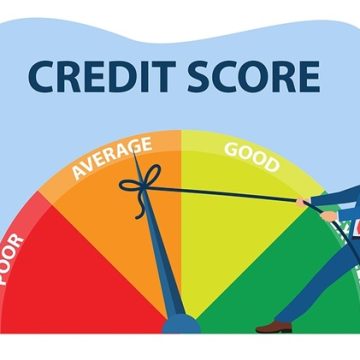CFD trading is the short form of finance, which is traded on major exchanges like the New York Stock Exchange (NYSE). In CFD trading, an agreement for the difference in contracts is also referred to as a forward contract. In other words, it is a derivative that is not directly equated to any type of tangible financial investment. It exists because it facilitates leveraged trading through contract prices that are based on financial situations and assumptions. These contracts are between you and your brokerage firm. Some of the top brokerages today are XTB, City Index, e Toro and CMC Markets. Some countries however have specific rules when it comes to these forms of derivatives.For instance, CFD trading in singapore may be implemented on financial derivatives that are based on credit risk, interest rate risk, currency risk, commodity risk, or a combination of these factors.
The basic idea behind CFD trading is that a trader can increase his investment through borrowing from a broker at a given rate and then selling the contract at a higher price in order to realize a profit over time. Because the CFD trading platform is not linked to any particular financial instrument, traders can use practically any derivative in the market without limitation. The only limitation is the amount of leverage that a trader has. Leverage means the ability to multiply the value of one financial instrument by the amount of money that he has to invest. When used appropriately, CFD trading can be a very profitable method of investing.
One of the most popular CFD trading strategies is called the margin strategy, which allows traders to benefit from the leverage built into the underlying financial instruments and makes possible unlimited profits, since the trader can cover the cost of the margin call with the proceeds from the sale of one of the underlying CFDs. CFDs also allow the trader to take advantage of the interest rates, swap agreements, and index-linked instruments that are not normally available through traditional trading.
In order to determine if CFD trading is right for you, an experienced broker can help you find out if you would gain more benefit from equity trading, commodities, derivatives, or other types of trading that are less speculative and more based on practicality and current interest rates. If you are looking to trade with CFDs, it is important to consider the differences between CFDs and shares and to understand how the different types of contracts work.
















